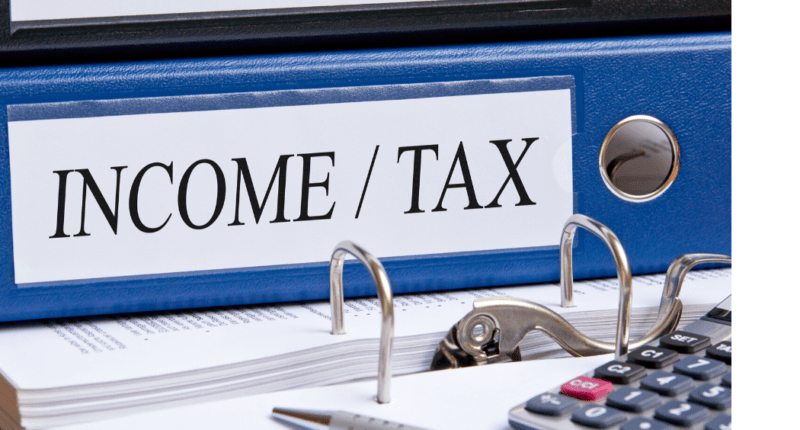The Central Board of Direct Taxes notified the computation mechanism of written down value (WDV) of a block of asset and short-term capital gain (STCG) where businesses obtained depreciation on goodwill. A new rule (Rule 8AC) specifies the accounting treatment of goodwill in the block of asset and tax liability arising after such adjustments.
The amendment in Budget 2021 expressly excludes ‘goodwill from business or profession’ from the definition of a depreciable asset. The businesses have to remove the goodwill from the existing block of ‘intangible’ assets to comply with the amendments in the law.
For the same purpose, the new rule states that when the written-down value of a ‘goodwill’ exceeds the written-down value of a ‘block of assets’ the excess amount is deemed as STCG.
The WDV of a ‘block of asset’ above refers to the aggregate of WDVs of all the assets falling within that block of assets at the beginning of the FY 2020-21 and increased by the additions (other than goodwill) during the year.
Where goodwill is the only asset in the ‘intangible’ block and no asset acquired during the year, the block shall cease to exist. And there will be no capital gains or losses in such cases.
Previously, the lack of clarity for claiming depreciation on goodwill has led to various disputes with the income tax authorities. Based on the landmark ruling set forth by the Supreme Court of India (Smifs Securities Ltd. (2012)), the taxpayers could claim depreciation on goodwill purchased or acquired. The disallowance of ‘goodwill from business or profession’ in Budget 2021 has impacted several corporations that have witnessed mergers and acquisitions in the past few years.
Since the amendment impacts the tax liability with effect from FY 2020-21, various companies were waiting for rules that prescribe the computation of WDV of the block of intangible assets. The companies must recompute the WDV of the ‘block of asset’ for FY 2020-21 after applying the new rule.
Also, the corporates must evaluate and quantify the amount of short-term capital gain for the FY 2020-21 and pay the taxes accordingly.
For any clarifications/feedback on the topic, please contact the writer at namita.shah@cleartax.in

I’m a chartered accountant and a functional CA writer by profession. Reading and travelling in free time enhances my creativity in work. I enjoy exploring my creative side, and so I keep myself engaged in learning new skills.





